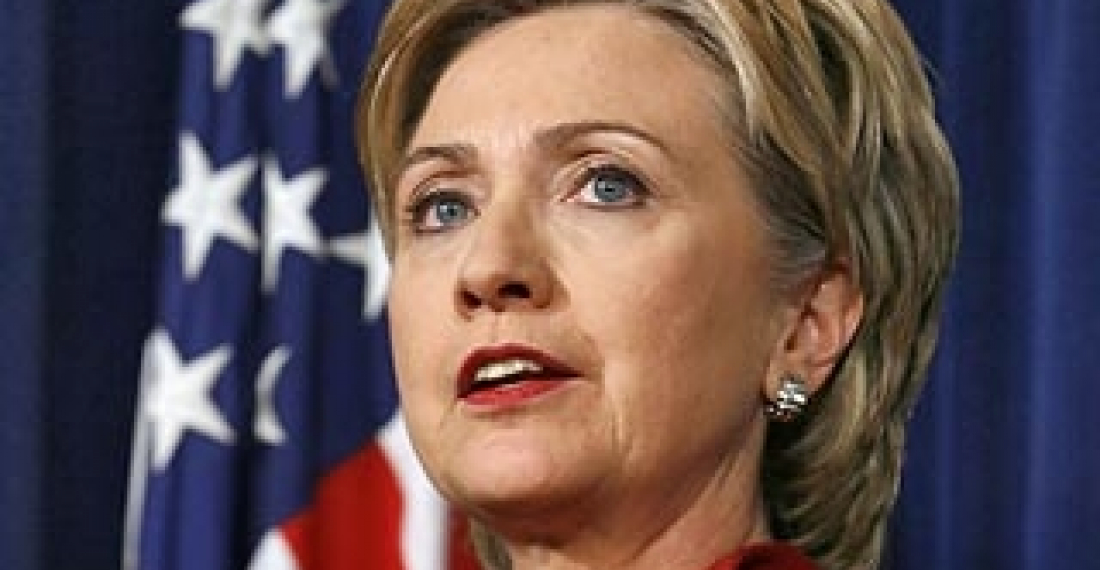"The United States remains deeply committed to helping the sides in the Nagorno-Karabakh conflict reach a lasting and peaceful settlement", said Secretary of State Hilary Clinton in written response to questions submitted by Congressman Howard Berman.
In response to a question regarding Azerbaijan's opposition to an OSCE Minsk Group proposal, backed by both Armenia and Nagorno-Karabakh, for the withdrawal of snipers from the front lines,Secretary Clinton said US supports pulling back snipers, Armenian National Committee of America reported (ANCA).
"We regret any loss of life and continue to call upon the sides to take steps including the withdrawal of snipers to improve the atmosphere for negotiations, prevent unnecessary casualties, and strengthen implementation of the ceasefire," she said.
"The U.S. has emphasized that the parties should show restraint in both their public statements and on the ground to avoid misunderstandings and unintended consequences. We reiterate at every opportunity that there is no military solution to the conflict and that only a peaceful settlement will lead to security, stability, and reconciliation in the region."







